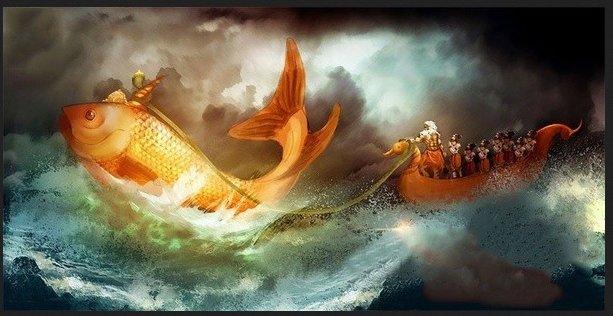Perhaps the only Indian language that transcends geography and ethnicity
There is no way to understand the evolution of Indian thought without knowing Sanskrit
A Tamil may roll his eyes at hearing the Hindi word Baras, but he will stop viewing it as "alien" once he realizes that Baras is merely the Prakrit form of "Varsham" - a Sanskrit word that he uses everyday
Eg - There is a small community of about a million or so in Tamil Nadu, to which I belong, founded by 11th century saint Sri Ramanuja...
(Contd..)
In fact nobody knows where exactly these texts were composed
The texts belong to all of India, they have never assumed a regional flavor...
And that's because of Sanskrit
So by reading a piece of text, you can't tell where is the author from
It is precisely the reason India is a nation. But Europe is not
But once vernaculars took over post 16th/17th cen, the idea of Europe suffered and regional nationalisms arose
It is not Sanskrit that defines India, but the British Raj...Eg What brought a Kashmiri like Nehru converse with a Tamil like Rajaji was English, and not Sanskrit
"Dhanya Rajendran"
They speak to all of India
Rajendra - means Indra among Rajas - the one who is the greatest among kings...
These are not difficult Sanskrit words - the name would be comprehensible to all of India from Kargil to Kanyakumari - across caste lines
That may seem like a small thing. But it is a big deal
But it isn't
Shrikanth means Maha Vishnu - a deity worshipped as the Supreme being by v large sections of India
Krishnamacharya - refers to the acharya who taught us the Gita - Lord Krishna himself
These are cosmopolitan names which ensure the identity of people transcend geography and language
So notwithstanding the common "Raj" legacy, the areas of British Raj that did not adequately relate to the "Sanskritic heritage broke away...
To this day, the major problem areas challenging the idea of India are precisely those regions that are not adequately sanskritized - i.e Kashmir, North East


